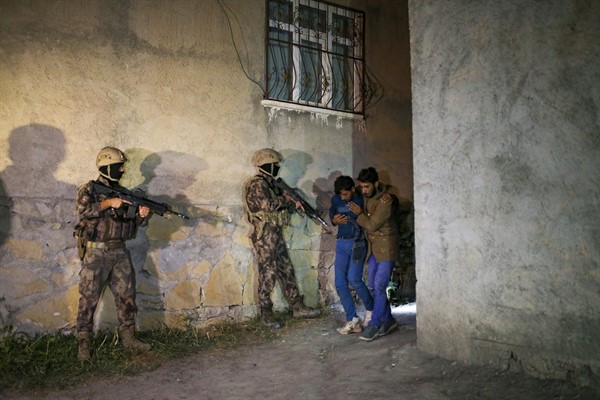In July, British Home Secretary Priti Patel announced that the U.K. had agreed to pay France roughly $72 million to fund border personnel and equipment that would be used to stop asylum-seekers from crossing the English Channel. The deal came amid a dramatic rise in the number of channel crossings. In the first half of 2021, more than 8,000 asylum-seekers completed the voyage to land on England’s southern shore.
The deal with France was controversial, including within Patel’s own Conservative Party. Noting that this was the second such payment to France in the past year, Tim Loughton, a leading Conservative parliamentarian, asked whether Patel was simply throwing “good money after bad.” Nevertheless, it went ahead and became one of the latest in a string of bilateral deals that has seen a country in the Global North enlist a neighbor’s help in controlling its own borders.
In the past decade, the U.S. and Mexico, the European Union and Turkey, Australia and Indonesia, Spain and Morocco, and Italy and Libya, among other countries, have all reacted to spikes in immigration by entering into similar arrangements. These are, in essence, outsourcing agreements, and they are driven by a desire in Global North countries to avoid their international obligation to take in refugees and other migrants—a responsibility that is all the more relevant after the Taliban’s takeover in Afghanistan, which is expected to displace half a million people by the end of the year. But does outsourcing border control even work, or is it simply throwing “good money after bad”? And what are its implications for global refugee protection?

